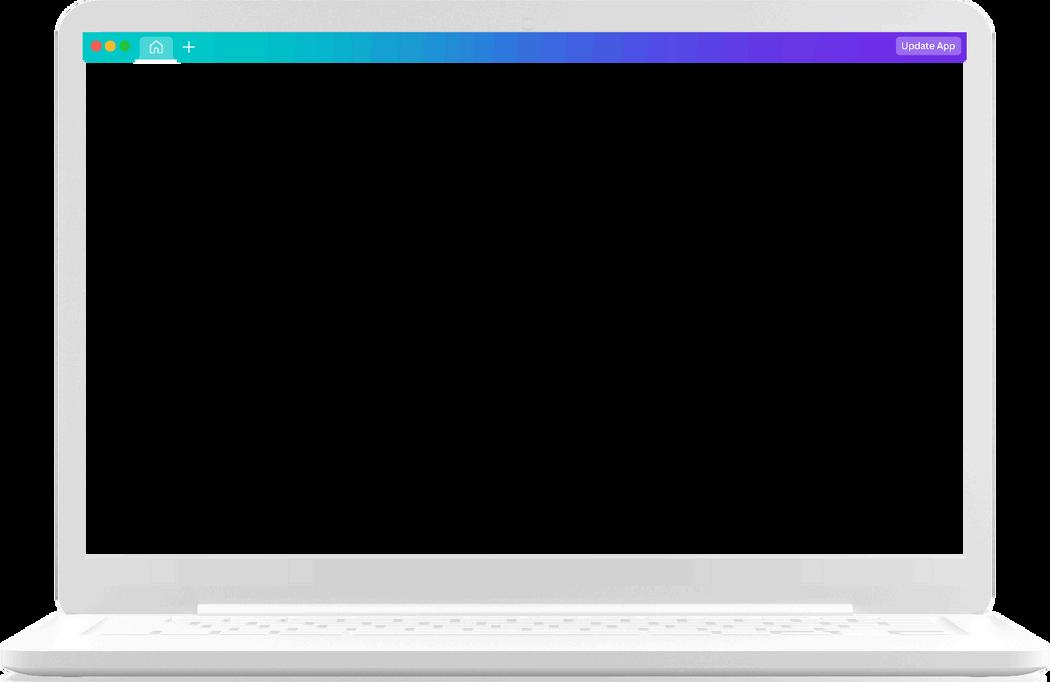
THEBENEFITSOFBUREAUCRACY: HOWILEARNEDTOSTOPWORRYING ANDLOVEREDTAPE
RITAMCGRATH




Throughout much of human history, power was exercised through a system of patrimonialism, as the great sociologist Max Weber coined the term. Under patrimonialism, a leader exerts power without respect to formal rules and regulations, personal allegiances and kinship ties determine who has access to critical resources and the entire system is managed with one overarching goal – to benefit the ruler. Bureaucracy was originally introduced as the antidote.
Our good friends over at Wikipedia provide a wonderful summary: “Patrimonialism is a form of governance in which all power flows directly from the ruler. There is no distinction between the public and private domains. These regimes are autocratic and exclude the lower, middle and upper classes from power. The leaders of these countries typically enjoy absolute personal power.”

RitaMcGrath
The Achilles heel of patrimonial systems is that they are by definition, corrupt and incompetent. The very reason such a system exists is to exploit the organization for personal, political and economic gain. Eventually, these factors can lead to their collapse.

Max Weber, the famed sociologist, proposed bureaucracy as a framework that would bring science and systems into the large organization (see also Frederick Winslow Taylor). It had many advantages. As Peter Brodie notes, writing in Forbes, “If precision, speed, unambiguity, knowledge, continuity, unity and reduction of friction and of material and personnel costs are important to your company, these are all optimized in a bureaucratic organization, and adopting this structure should be considered as the most viable, and perhaps the favored, option.”

RitaMcGrath
However, like patrimonial systems, bureaucratic systems also have their limitations. The need to obtain permissions and manage interdependencies with other units can be souldestroying. Decision-making can be slow. And most importantly, bureaucratic systems don’t necessarily take advantage of the new capabilities that information technology gives us.




https://thoughtsparks.substack.com/
